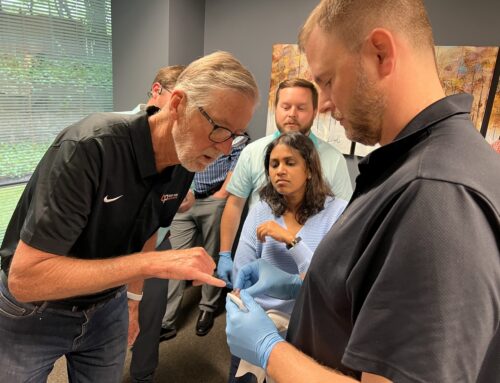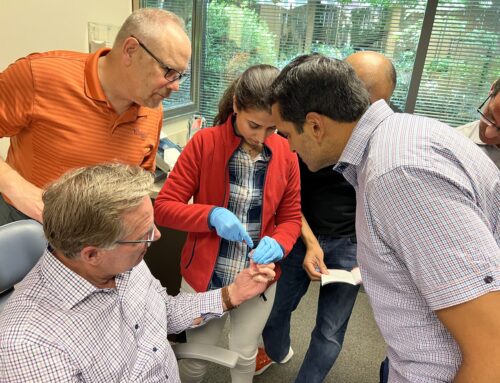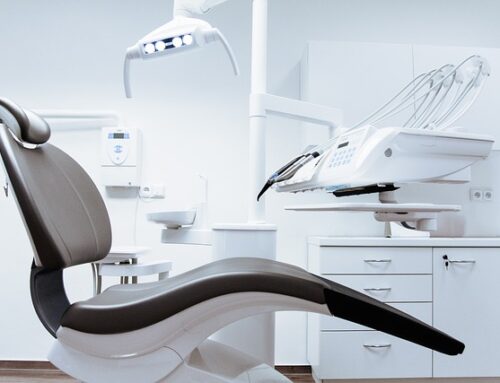At the end of a long day, we all want to kick back, relax and get to bed at a decent time to wake up feeling well rested. But there’s one problem: Not everyone can say that when they finally go to bed, they receive the rest they need to be productive throughout their day. Instead, many people find that they wake up feeling even more tired than when they went to bed. And that is never a good thing.
When this occurs, it means that you might be suffering from a sleep disordered breathing condition like obstructive sleep apnea or a form of it. While that is the case, most people don’t even realize this is occurring unless their bed partner notices it. And, when this occurs, many people don’t seek treatment for their condition. To help patients get the care they need, dentists should provide dental sleep medicine in their practices. Here is what we know.
What is dental sleep medicine?
Dental sleep medicine, or DSM, is an area of dentistry focusing on the use of oral appliance therapy to manage sleep-disordered breathing. That includes snoring and obstructive sleep apnea (OSA). Additionally, dentists will work together with sleep physicians to help identify the best treatment option for each patient.
In fact, dentists pioneered the use of oral appliance therapy for the treatment of OSA and snoring. The use of an oral appliance allows for a more comfortable treatment option for many patients that might be CPAP inept. It is similar to a mouth guard for sports or an orthodontic retainer, which makes for an easier solution to a condition. A custom-fit oral sleep appliance is an effective treatment for preventing the airway from collapsing by supporting the jaw in a forward position. It’s an easy solution for a complicated condition.
Are you ready to advance your practice and include dental sleep medicine as a service you offer? Good! We’re here to help.






